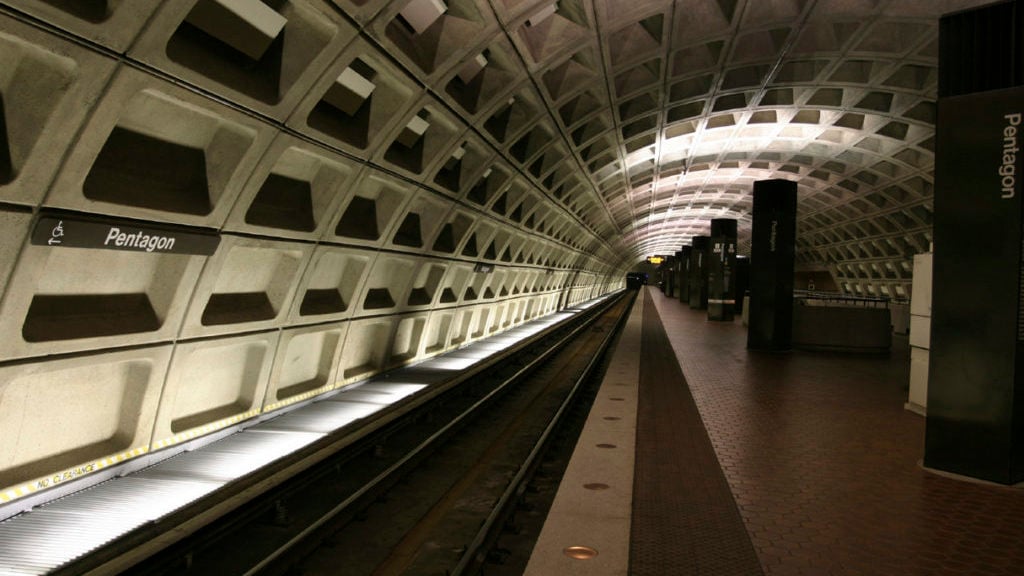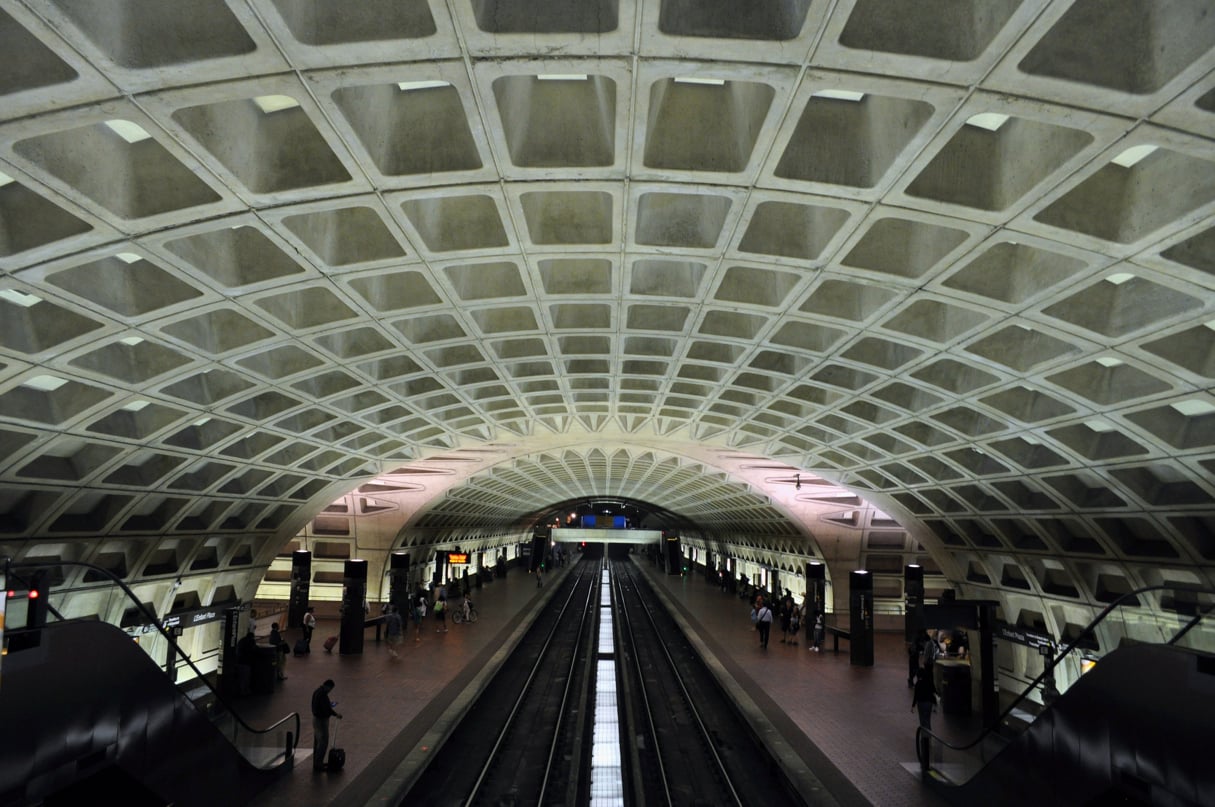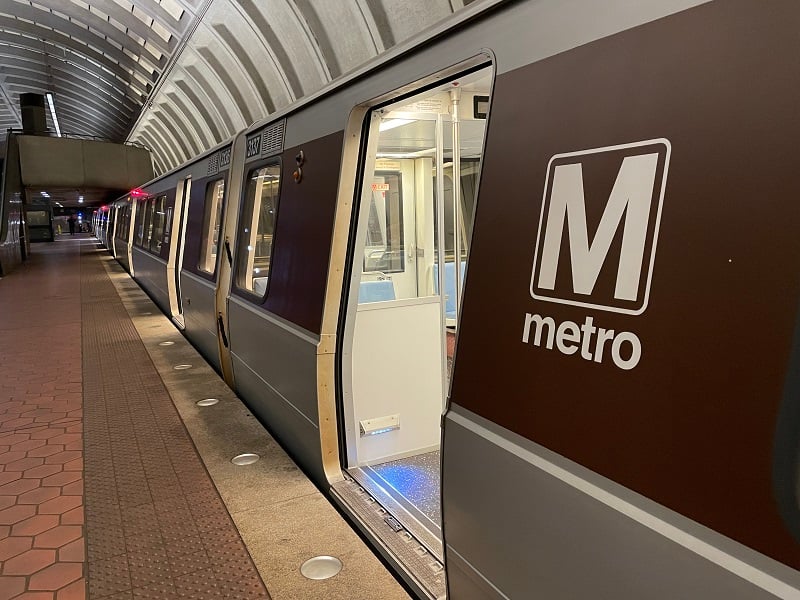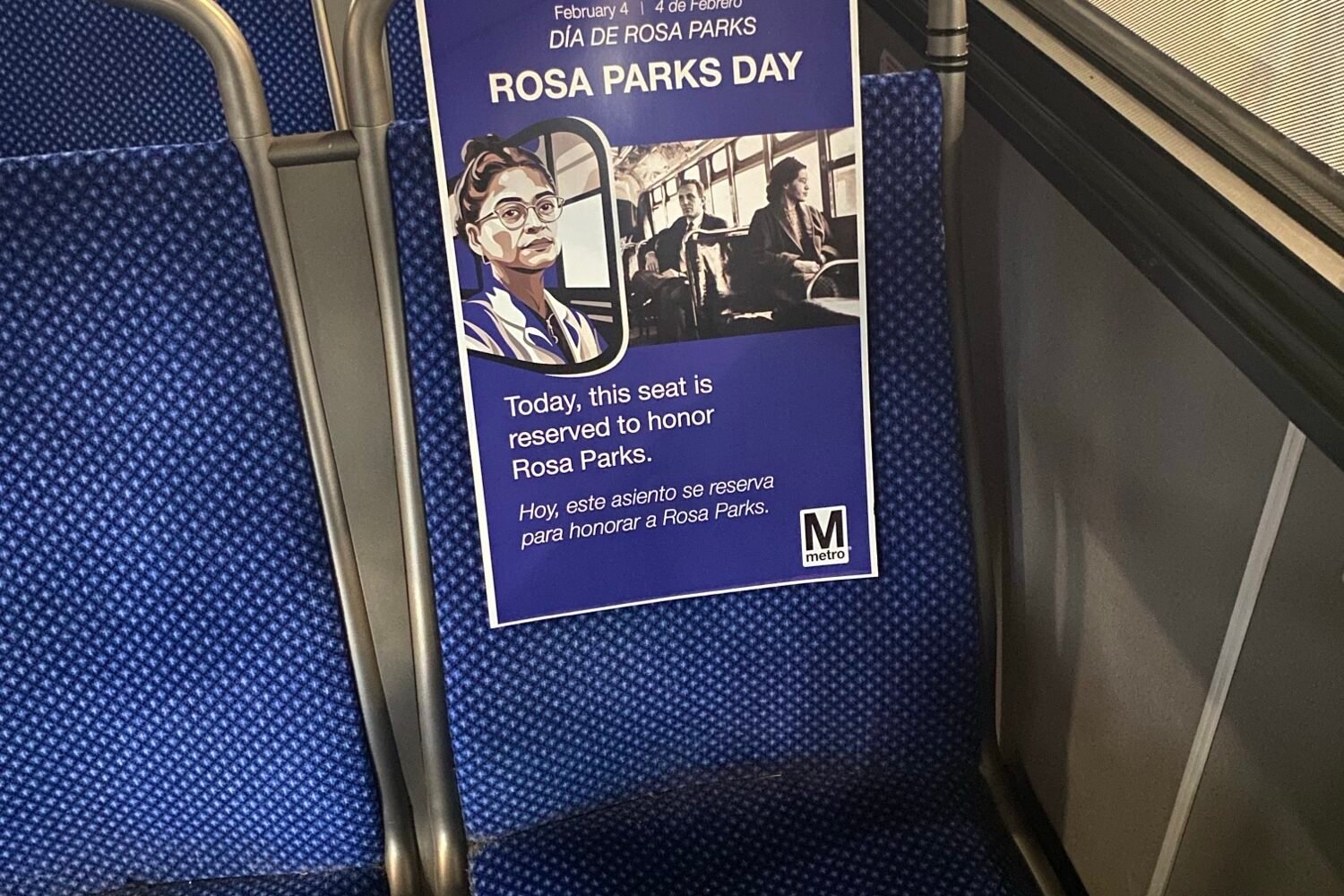Metro’s ambitious plan to accelerate repairs to the 40-year-old rail system will begin June 4 with 13 consecutive days of single-track operation along stretches of the the Orange and Silver lines in Virginia. The transit agency unveiled the final draft of its “SafeTrack” plan, a ten-month schedule that includes 15 reconstruction projects that will cause significant service disruptions on nearly all segments of the 117-mile rail network.
The first project will cover the Orange and Silver lines between Ballston and East Falls Church. Metro estimates about 73,000 daily commuters will be affected by the work, which will include electrical repairs, rail-tie replacement, and other long-needed measures. Beside the single-tracking, riders will also be faced with 18-minute headways on Orange trains between Vienna and Ballston and all Silver trains. Rush hours are expected to be more crowded than usual, and Metro says it will offer additional bus service to relieve some of the pressure.
After that first 13-day job will come the first full-scale closure in the SafeTrack plan, when the Blue and Silver lines are closed between Eastern Market and Benning Road, and the Orange Line is closed between Eastern Market and Minnesota Avenue for 16 days beginning June 18. Two stations—Stadium-Armory and Potomac Avenue—will be shut entirely. Starting July 5, segments of the Yellow and Blue lines running through Arlington—including Reagan National Airport—will shut down for a week.
Other “safety surges,” as Metro calls them, will hit the rest of the system. At some point, just about everyone’s commute will be affected.
The work is scheduled to last through late March 2017, and will stop only during the week of next January’s presidential inauguration, and on weekends during the National Cherry Blossom Festival. Metro is also suspending late-night weekend service during the plan’s execution; Memorial Day weekend will be the last time trains run after midnight.
The SafeTrack plan is designed to compress three years’ worth of maintenance into one. “Clearly we cannot keep up with what we need to do,” Paul Wiedefeld, the Washington Metropolitan Area Transity Authority’s general manager said when he released an earlier draft of the plan.
Read the full plan below, and see when your ride will be affected:

















